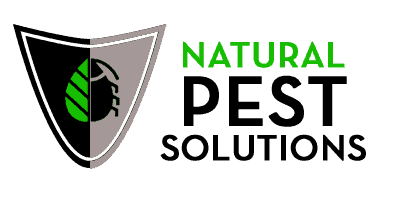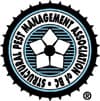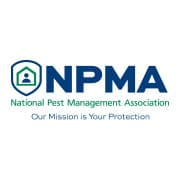How to Get Rid of Raccoons: Removal Methods
Raccoons in the wild may not pose a problem, but when they decide to hang out at your place it can be a different story. These mammals can carry canine distemper, which can be hazardous to unvaccinated dogs, and rabies, which can be transmitted to people or other animals. Moreover, their feces often contain the eggs of Baylisascaris procynis, which is a type of roundworm that can be extremely harmful to people. Getting rid of raccoons and their droppings is not always easy, but there are several methods of raccoon removal that can be employed.
How to get rid of a raccoon
Raccoons are protected under state law in most cases, and are classified as furbearers, meaning a license or permit is required to trap or hunt them. Because of this, how to kill a raccoon legally will vary from state to state, and is a job best left to professionals. As with many types of nuisance animals and pests, the best way to get rid of raccoons is to not invite them in in the first place. Removing their food sources and making your environment less friendly should also encourage any raccoons that are there to move along. The New York State Department of Environmental Conservation recommends the following methods for raccoon control.



